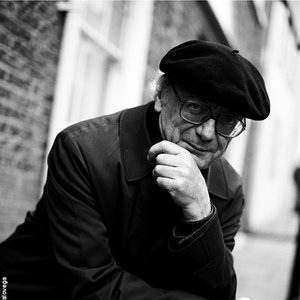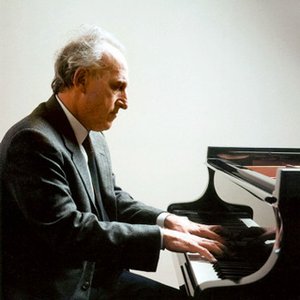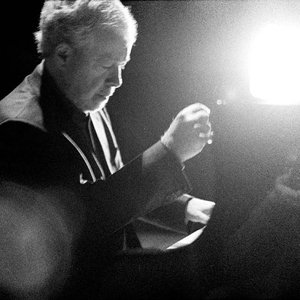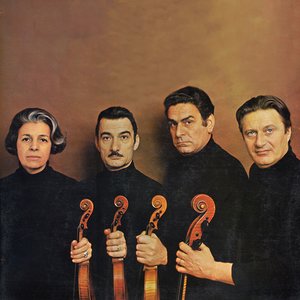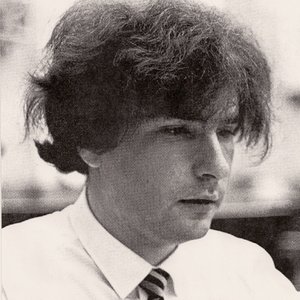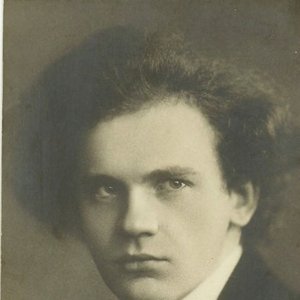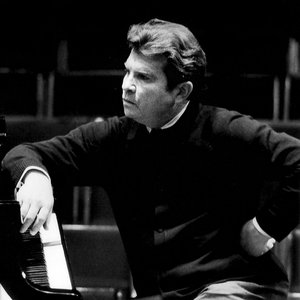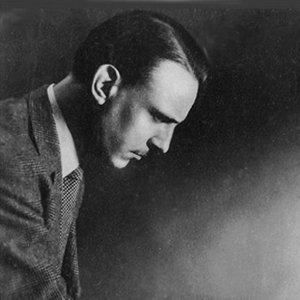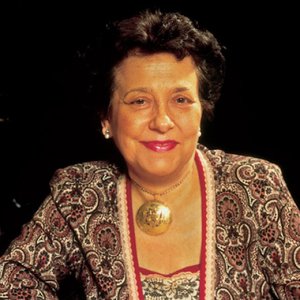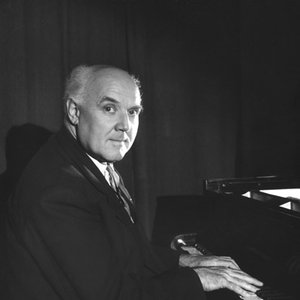Biography
-
Born
28 March 1903
-
Born In
Eger, Heves, Hungary
-
Died
8 May 1991 (aged 88)
Rudolf Serkin (March 28, 1903 – May 8, 1991) was a Bohemian-born pianist.
He was born in Cheb (Eger), Bohemia (now Czech Republic) to a Russian-Jewish family. Hailed as a child prodigy, Serkin was sent to Vienna at the age of nine, where he studied piano with Richard Robert and, later, composition with Joseph Marx making his public debut with the Vienna Philharmonic at 12. From 1918 to 1920 he studied composition with Arnold Schoenberg and participated actively in Schoenberg's Society for the Private Performance of Music. He began a regular concert career in 1920, living in Berlin with violinist Adolf Busch and his family, which included a then three-year-old daughter Irene, whom Serkin would marry 15 years later. Throughout the 1920s and early 1930s, Serkin performed throughout Europe both as soloist and with Busch and the Busch Quartet. With the rise of the Nazi party in Germany, Serkin and the Busches left Berlin for Switzerland.
In 1933 Serkin made his first United States appearance at the Coolidge Festival in Washington, DC, where he performed with Adolf Busch. In 1936 he launched his solo concert career in the U. S. with the New York Philharmonic under Arturo Toscanini. The critics raved, describing him as "an artist of unusual and impressive talents in possession of a crystalline technique, plenty of power, delicacy, and tonal purity." Although Serkin himself admitted to having problems with his octave technique, his technical foundation was generally very solid. In 1937, Serkin played his first New York recital at Carnegie Hall.
Shortly after the onset of World War II in 1939, the Serkins and Busches emigrated to the United States, where Serkin taught several generations of pianists at the Curtis Institute of Music in Philadelphia. From 1968 to 1976 he served as Director of the Curtis Institute. He lived with his large family first in New York, then in Philadelphia, as well as on a dairy farm in rural Guilford, Vermont. In 1951, Serkin and Adolf Busch founded the Marlboro Music School and Festival near Brattleboro, Vermont with the goal of stimulating interest in and performance of chamber music in the United States. He made many recordings (primarily with Columbia) from the 1940s into the 1980s, including one at RCA Victor of Beethoven's Piano Concerto No. 4 in 1944, with the NBC Symphony Orchestra conducted by Toscanini.
Serkin was awarded the Presidential Medal of Freedom in 1964 and in March, 1972 celebrated his 100th appearance with the New York Philharmonic by playing Johannes Brahms's Piano Concerto No. 1. The orchestra also named Serkin an honorary member of the Philharmonic's Symphony Society of New York, an elite musical society that includes Aaron Copland, Igor Stravinsky, and Paul Hindemith. In 1986, he celebrated his 50th anniversary as a guest artist with the orchestra. He is also regarded as one of the primary interpreters of the music of Beethoven in the 20th century.
Revered as a musician's musician, a father figure to a legion of younger players who came to the Marlboro School and Festival, and a pianist of enormous musical integrity, he toured all over the world and continued his solo career and recording activities until illness prevented further work in 1989. He died of cancer, aged 88, at home on his Vermont farm.
He and Irene were the parents of seven children (one of whom died in infancy), including pianist Peter Serkin. They also had fifteen grandchildren. Irene Busch Serkin died in 1998.
Artist descriptions on Last.fm are editable by everyone. Feel free to contribute!
All user-contributed text on this page is available under the Creative Commons Attribution-ShareAlike License; additional terms may apply.


